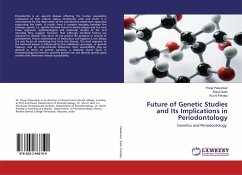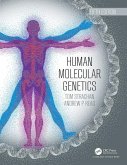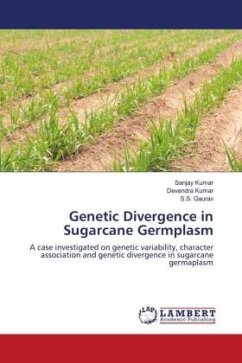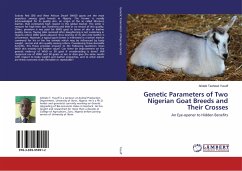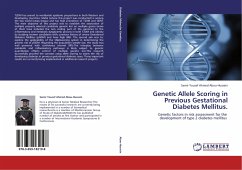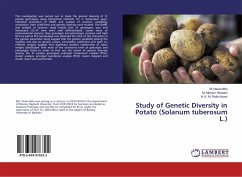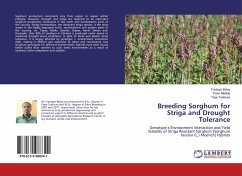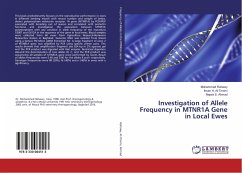Periodontitis is an age-old disease affecting the human population irrespective of their culture, status, community, caste and creed. It is characterized by the destruction of the periodontal attachment apparatus supporting the teeth. It results from a complex interplay between the etiologic agents, i.e. specific bacteria found in dental plaque and the host tissue responses. Epidemiological and molecular studies of the oral microbial flora suggest, however, that although microbial factors are required for disease, they alone do not predict the presence or severity of periodontitis. Hence maintenance of meticulous oral hygiene is not always the sole factor of remaining free from this disease. The host response to the bacterial plaque is influenced by the individual's genotype, or genetic makeup, and by environmental influences. Host susceptibility may be defined in terms of genetic variation, a relatively recent focus in Periodontology has been to quantify genetic risk and identify specific gene variants that determine disease susceptibility.
Bitte wählen Sie Ihr Anliegen aus.
Rechnungen
Retourenschein anfordern
Bestellstatus
Storno

